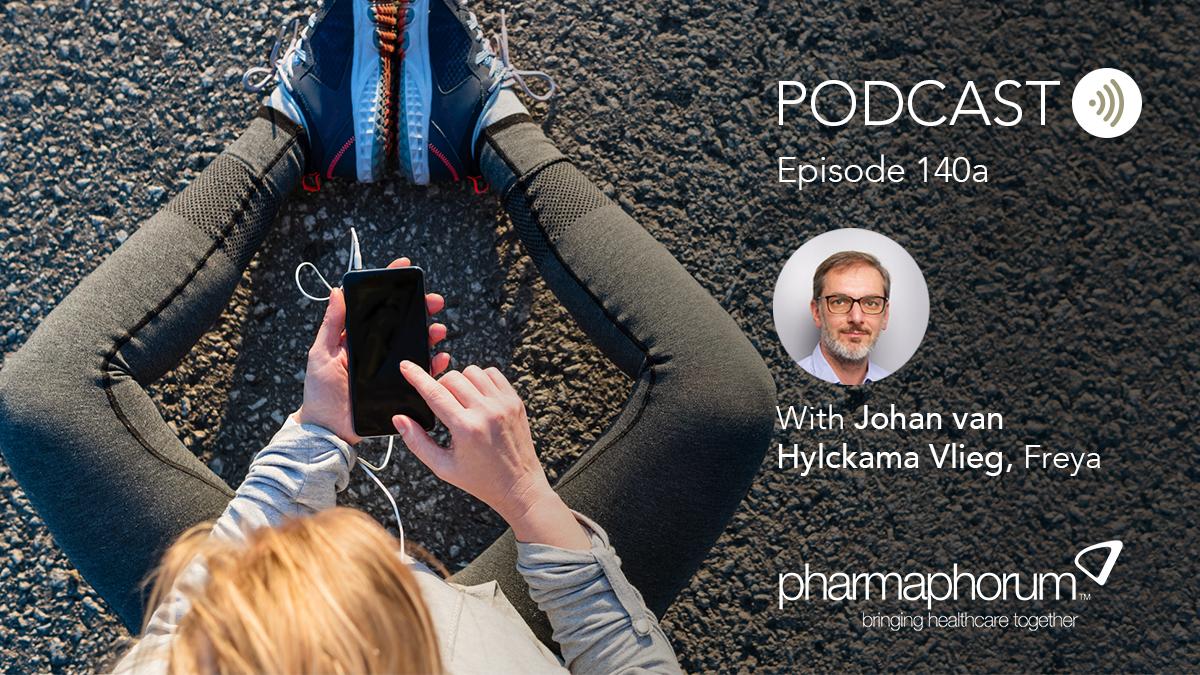The future of fertility and the vaginal microbiome

As societies have modernised, fertility rates have declined substantially. There are perhaps three key reasons for this: the empowerment of women, declining child mortality rates, and the rising cost of raising children. As a consequence, the global population growth rate has declined to less than 1% per year today.
In a new episode of the pharmaphorum podcast - recorded back in March, during Women’s History Month - web editor Nicole Raleigh spoke with Johan van Hylckama Vlieg, co-founder and chief scientific officer of Freya Biosciences, a Series A-financed, clinical stage, microbial immunotherapy company in women’s health, discussing the role of the vaginal microbiome in fertility, before he was due to speak at the first-of-its-kind Microbes in Women’s Health Congress in Copenhagen.
The much-discussed gut microbiome might be complex and as yet not fully understood, but the vaginal microbiome is an intricate and dynamic microecosystem that constantly undergoes fluctuations during the female menstrual cycle, sex, childbirth, the menopause – basically, a woman’s entire life. But with issues of women’s health largely unmet across the board – they are, after all, not just small men – it is heartening to see that there is a change happening, and investment is slowly being made into endeavours to address this disparity, as Vlieg discusses.
Female reproductive microbiota has been suggested to affect infertility and may play a key role in the success of assisted reproductive technologies (or ARTs), such as embryo implantation and pregnancy care. Since the first IVF baby was born in 1978, assisted reproductive technologies have become safer, more successful, and more accessible – and Vlieg explains the role of vaginal microbiota in pregnancy, recent developments in the field looking at their potential in female reproductivity issues, as well as Freya’s reproductive immunotherapies.
You can listen to episode 140a of the pharmaphorum podcast in the player below, download the episode to your computer, or find it - and subscribe to the rest of the series - in iTunes, Spotify, Google Podcasts, Amazon Music, and Podbean.













